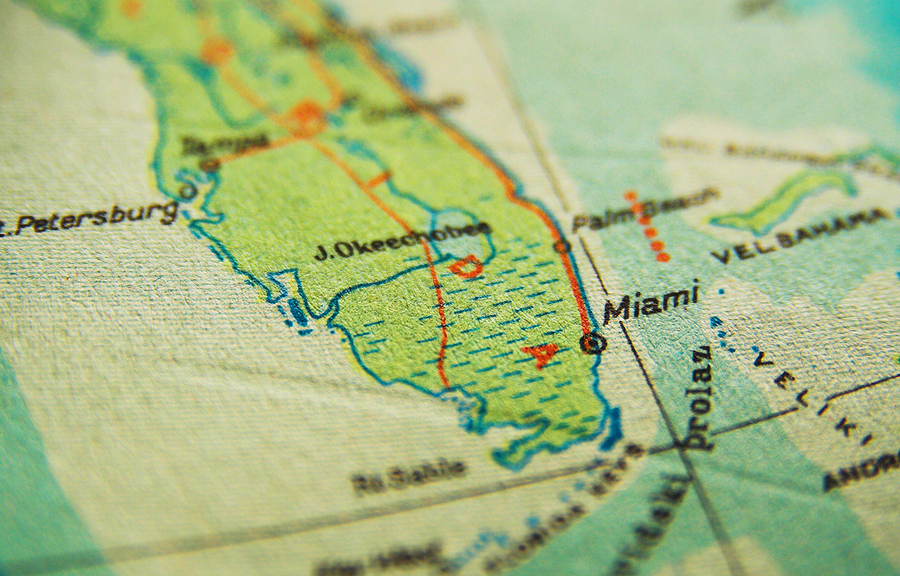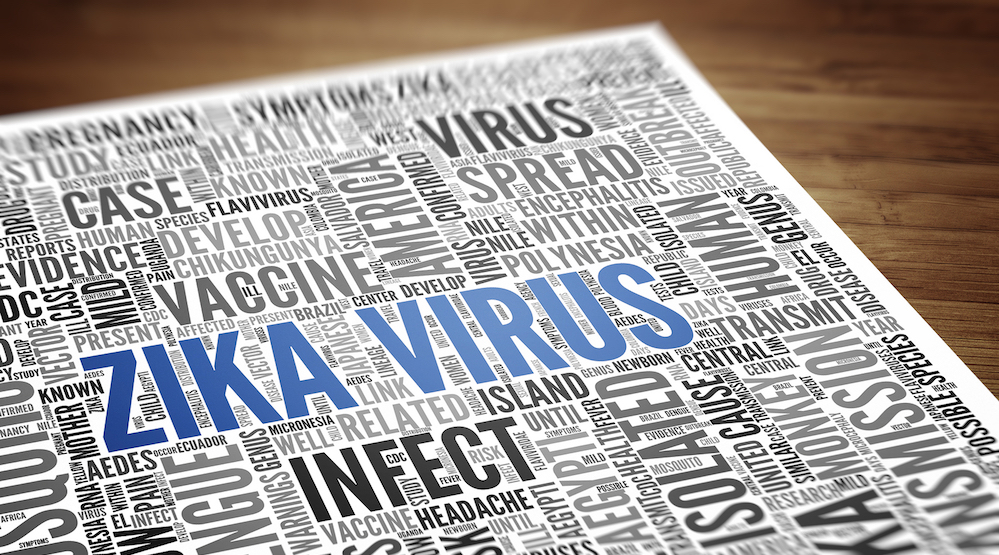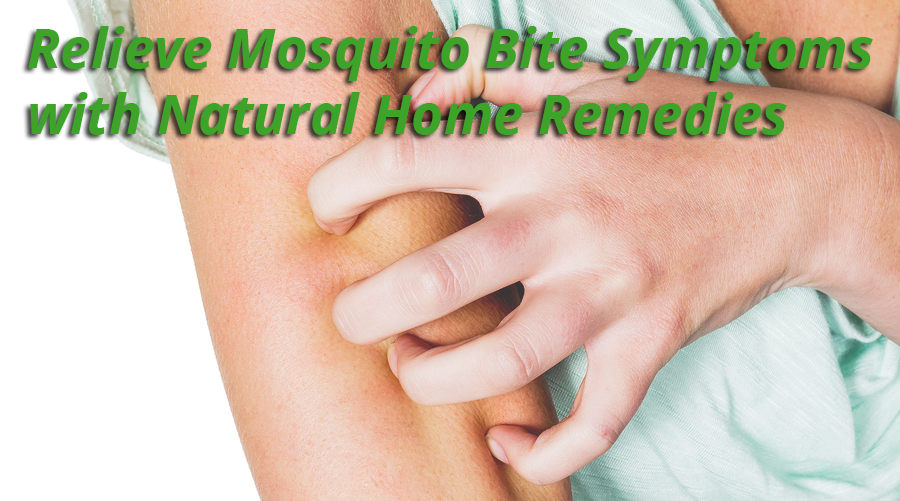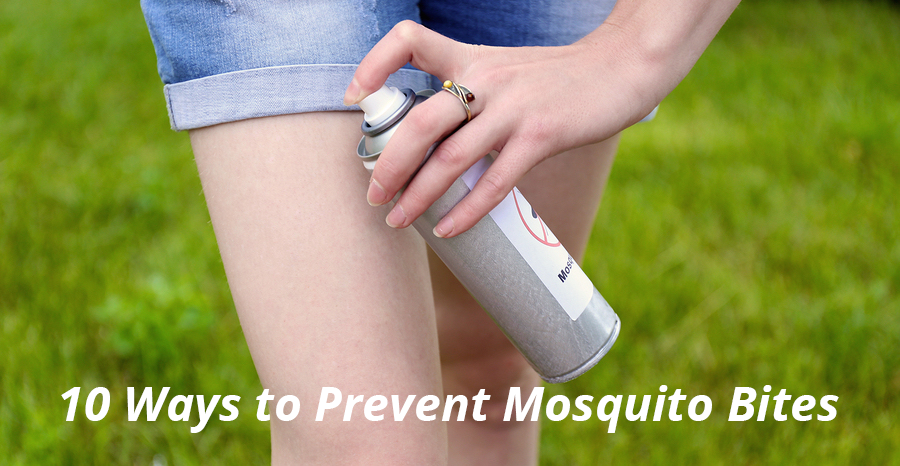READY TO GET STARTED?
REQUEST A FREE ESTIMATE
Fill out the form below or call (888) 466-7849 for a free, no-obligation estimate.

The first cases of locally transmitted Zika virus were reported this week in Florida. On July 29th, 4 people infected with Zika virus in Miami reportedly were bitten by mosquitoes within the city. On August 1st, that number grew from 4 to 14 infected. Until now, all reported cases of Zika in the United States have been linked to those who recently travelled to countries with known Zika transmissions.
Due to the recent developments, the Centers for Disease Control are warning pregnant women and their partners to avoid traveling to Miami and surrounding areas. Zika virus is extremely dangerous to unborn babies, potentially causing a condition known as Microcephaly, a birth defect characterized by abnormally small heads and underdeveloped brain function. Pregnant women and/or their partners that have recently travelled to the area (on or after June 15th) should be tested immediately for Zika virus and those living in and around Miami should exercise strict mosquito bite prevention and avoid unprotected sex.
As for the rest of the country, the risk of contracting Zika from mosquitoes isn’t an immediate threat since mosquitoes carrying Zika do not travel far (a mile or less in their lifetime). BUT, because symptoms of Zika often go unnoticed, those that have recently traveled to the area and may have Zika are likely to pass the virus on to sexual partners, OR could spread the virus to another mosquito if bitten. In turn, that mosquito could then transmit Zika to other people.
Because of its unpredictability, practicing mosquito bite prevention in any warm, humid climate (within the US and when traveling abroad) is key – especially for pregnant women and those planning to become pregnant. Use an insect repellent with DEET when outdoors, keep arms and legs covered with light-colored, loose clothing, stay away from areas with stagnant, standing water, and consider a home mosquito control program by an exterminating company.

By now we know that Zika Virus, a mosquito-borne disease, carries some serious health threats and risks, previously thought to be most dangerous for pregnant mothers and their unborn babies. If bitten by the Aedes aegypti mosquito carrying Zika, an unborn baby could potentially be born with a serious birth defect called Microcephaly, causing abnormally small heads and impaired brain function.
Now Zika Virus is also being linked to and eye infection causing permanent blindness, reported by the New England Journal of Medicine last week. This Zika-induced eye infection, uveitis, can cause glaucoma, cataracts and loss of vision.
If you’ve recently traveled to countries with documented Zika transmission – like Brazil, parts of the Carribbean and Central America, Mexico, and the Pacific Islands – see an ophthalmologist. Potential signs and symptoms of an eye infection related to Zika Virus are eye redness, pain or sensitivity to light. If left untreated, uveitis can “cause irrevocable damage to the retina,” according to Dr. C. Stephen Foster, president of the Massachusetts Eye Research and Surgery Institution in Waltham.
Protect yourself from mosquito bites by using bug repellent with DEET and keeping your arms and legs covered with loose-fitting long sleeves and pants (find out more about mosquito bite prevention here). Pregnant women or women expecting to become pregnant should avoid traveling to these countries all together. The same applies to men that are trying to conceive with their partner; Zika Virus can be sexually transmitted from men to women.
Those planning to travel to Rio, Brazil for the upcoming 2016 Summer Olympics are especially at risk. At least 4-6 weeks prior to your trip, talk to your doctor about vaccinations and medicines recommended for travel to Brazil. It’s also a good idea to purchase travel health and medical evacuation insurance, according to the CDC, and stay up to date with travel warnings and breaking news in that area. While visiting Rio, mosquito bite prevention is key to reducing your risk of Zika and other mosquito-born diseases. Wear mosquito repellent with DEET around the clock, avoid areas of standing or stagnant water, and wear loose, light-colored clothing that covers arms and legs. And since Zika can be sexually-transmitted, avoid unprotected sex during travel and for at least 8 weeks after. The CDC recommends that pregnant women not go to the Olympics.

We all need food to survive, right? Unfortunately for us, mosquitoes live off of blood meals from people and animals, which is obtained by biting their victims. Ouch! And chances are, even if you practice strict mosquito prevention, you’ll still be bitten at some point during mosquito season in warm, humid climates. Here’s what you can do to minimize the itching, swelling, rashes, and diseases that mosquito bites often leave behind.
Aloe is a natural antiseptic that will minimize swelling, pain, and itching, and will also help the bite to heal faster. Chilled aloe vera works even better. Pop it into the fridge for awhile before applying for maximum results and relief.
Applying ice directly onto mosquito bites will reduce swelling, relieve pain, and make the bite less itchy. Leave it on for 10-15 minute increments at a time, using as often as needed.
Soak in an oatmeal-infused bath for several allergic reactions to mosquito bites. The oatmeal will soothe symptoms of the bites immediately.
Lemons have natural antiseptic and anti-inflamatory properties that will reduce symptoms of mosquito bites and minimize the risk of infection. Cut a lemon in half and rub it over the affected area.
Hold a damp green tea bag (preferably cold) onto the mosquito bites for immediate relief from itchiness, swelling, and redness.
Honey is a natural antiseptic. Apply a small amount directly onto mosquito bites to help prevent infection.
Cover the bites with a bandaid or even tape to keep yourself from scratching it, which will reduce chances of prolonged symptoms and infection.

Mosquito season in the south is here! Yes, we know what you’re thinking…so soon? We usually get one pleasant month of spring before mosquitoes start biting. But with the unpredictable, on-again, off-again warm weather we’ve had all winter, it’s really no surprise that mosquitoes are active earlier this year. So what does this mean for you and your family? Painful mosquito bites, allergic reactions, higher risk of contracting mosquito-borne diseases, and less time you’ll be enjoying outdoors.
Here are 10 ways you can prevent mosquito bites:
Yes, it’s hot and no, you probably don’t want to wear long-sleeves and pants. But, covering your arms and legs when outside, during peak mosquito season, is one of the easiest and most effective ways to prevent mosquito bites.
Check for areas of standing water around your home frequently and remove the sources of standing water, if possible. Mosquitoes breed in stagnant water so the more standing water around on your property, the more mosquitoes you’ll encounter. Standing water is commonly found in bird baths, children’s toys, flower pots, rain gutters, buckets, and other containers.
The active ingredient DEET is proven to be effective at repelling mosquitoes and other biting insects and protecting against mosquito-borne diseases like Zika virus, West Nile, and Encephalitis. Use on exposed skin when outdoors and repeat, as needed, if you’re outside for several hours.
You may be tempted to leave windows and doors open to take advantage of spring weather. If so, make sure all windows and doors have screens without holes or tears, to prevent mosquitoes from coming inside your home.
Mosquitoes are most active between dusk and dawn. Avoid going outside during those times, if possible.
Because mosquitoes are attracted to the lactic acid in sweat, outdoor workouts should be limited during mosquito season, especially if you have sensitivity or an allergy to mosquito bites. And if you do choose to workout outdoors, wear mosquito repellent with DEET and long-sleeves and pants to reduce the risk of being bitten.
Outdoor fans, on decks, patios, and around pools, are a great way to keep the mosquitoes away. Mosquitoes are weak fliers, so a powerful fan is a great mosquito deterrent for smaller areas.
Mosquitoes tend to be more attracted to darker colors, so wearing lighter colors will reduce your chances of an attack.
Sounds ridiculous right? But apparently mosquitoes are beer lovers too. While the exact reason for the attraction is unknown, some believe it’s related to an elevated body temperature when drinking alcohol and the amount of ethanol excreted when sweating.
Avoiding high body temperatures can be impossible in the south’s summer heat and humidity. But, mosquitoes are attracted to elevated body temperatures, making you more likely to be bitten. Do what you can do stay out of the heat and keep your body cool.
Sometimes you can do everything possible to prevent mosquito bites and still get bitten. Consider calling a professional mosquito control company that specializes in mosquito prevention. An effective mosquito control program targets mosquito larvae (breeding sites) and adult mosquitoes (resting areas), with eco-friendly mosquito treatment options that are family and pet-friendly. A mosquito exterminator will also identify problem areas and provide recommendations for ongoing mosquito prevention.